pachinko
Japanese boss’ kind reaction to employee ditching work, playing pachinko, losing company car in fire
The neighborhood of Otsuka is very different from what it once was–and even more so without its most iconic building.
The driving force behind this team-up isn’t nuclear power or existential angst, but little metal balls.
Politician wants people to know which businesses in one high-risk industry are ignoring warnings during the state of emergency.
A popular pachinko place claims to be “following suggestions by city mayors“, but is what they’re doing helpful?
A grim mortality rate for pachinko parlor management companies shines a light on the poor health of the industry.
”Preventative measures” sees visitors setting themselves back $75 before even stepping foot into the casino.
Turns out there’s a simple way you assess whether you’re a happy drunk or a dangerous one, at least according to one Japanese Twitter user.
Place your bets now for what you think the biggest energy consumer in the largest city in Japan is.
Videos have emerged of a man smashing pachinko machines with a hammer before being arrested by police.
For a country that doesn’t have any businesses officially classified as “casinos,” Japan has a ton of places to gamble. By far the most common are pachinko parlors, which you can find within a short walk of just about every major train station in Tokyo and Japan’s other large cities.
But with so many places to gamble, and many of them allowing customers to purchase the balls used to play for as little as one yen (less than a penny) each, it’s easy to get sucked into the siren song of the pachinko parlor. Seeking to help gamblers keep their wagers within their limits, one company is now proposing using facial recognition software to inform you, or your family, when you’re gambling too much.
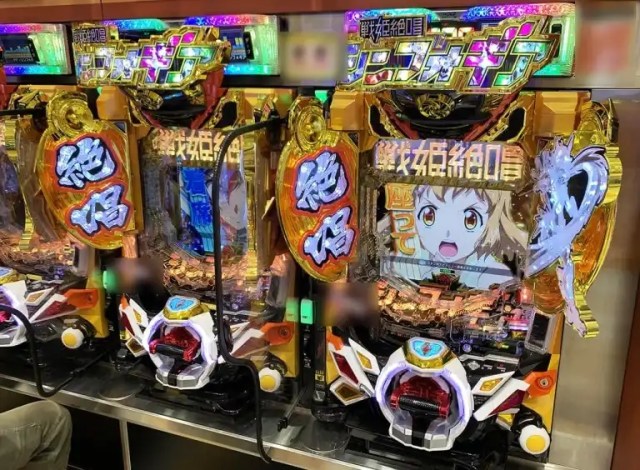
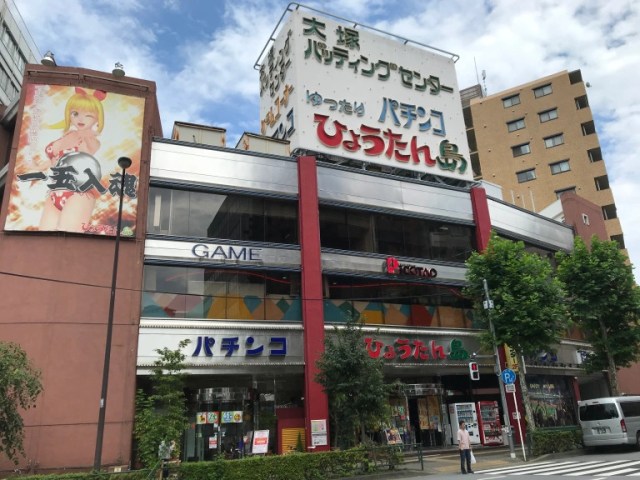
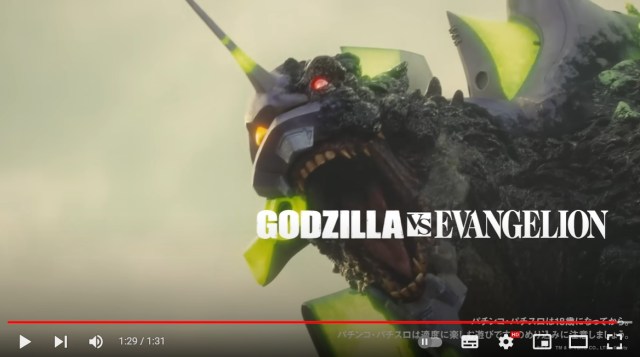

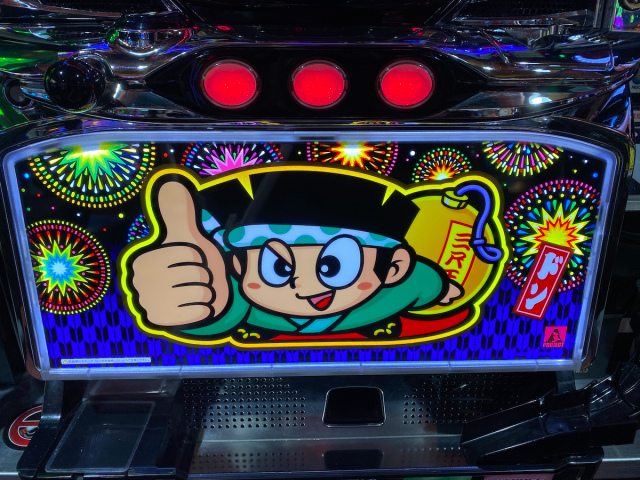



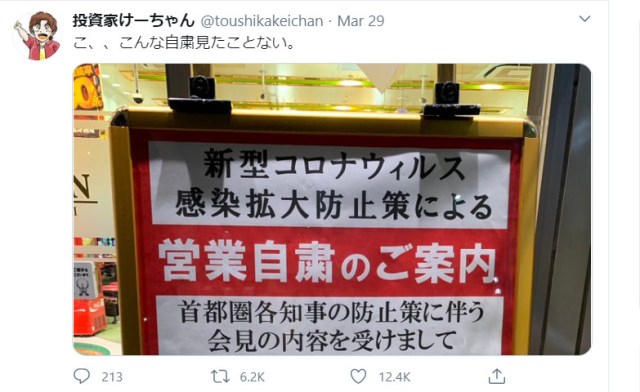
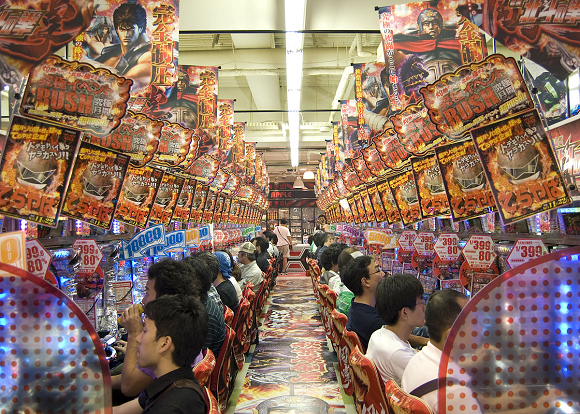
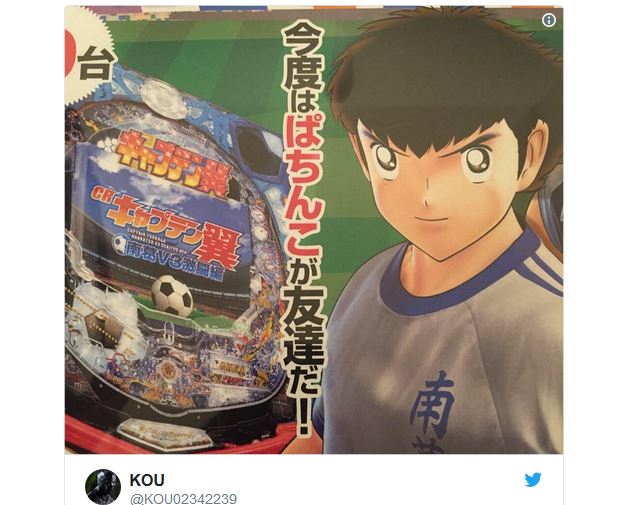
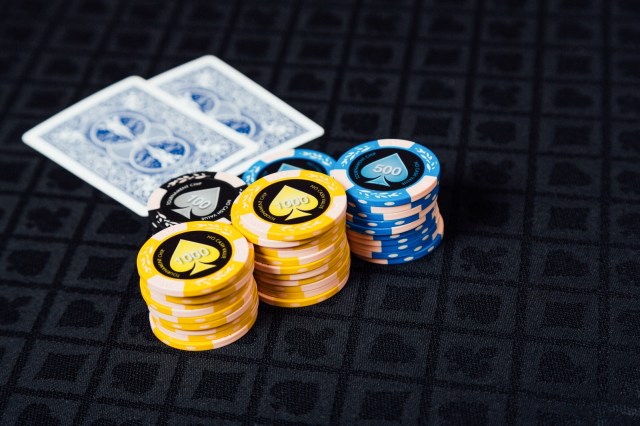
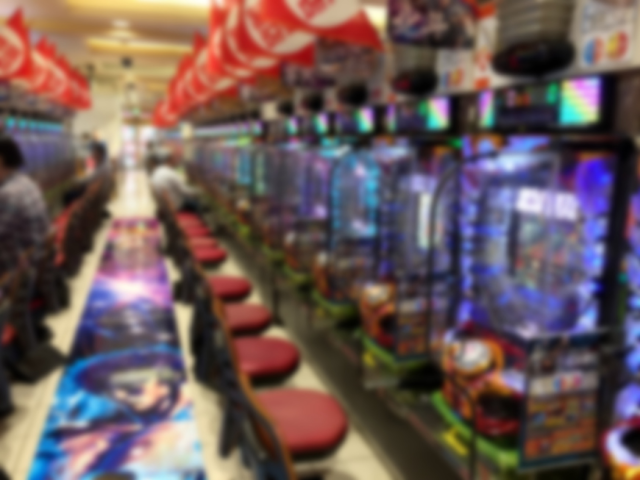
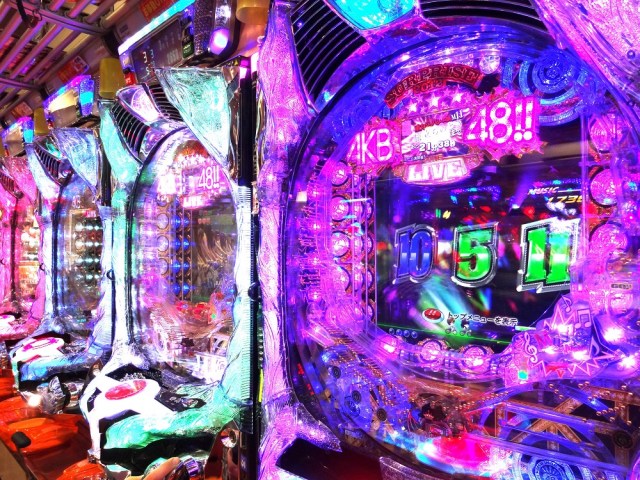

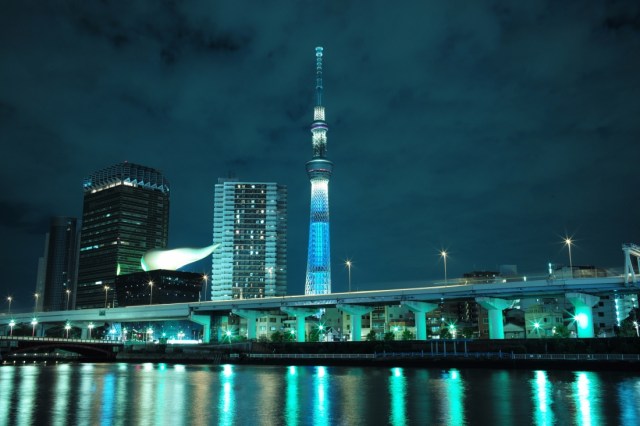
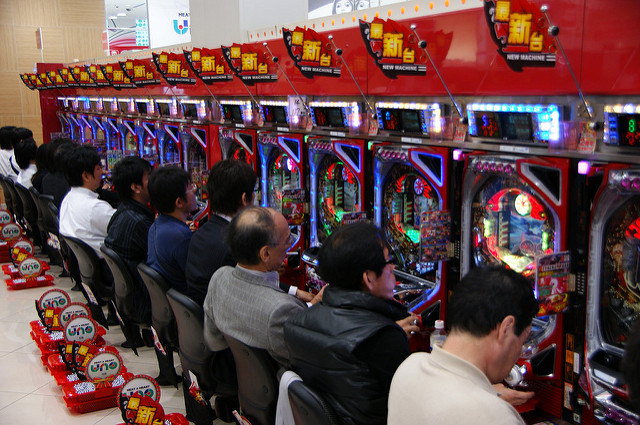
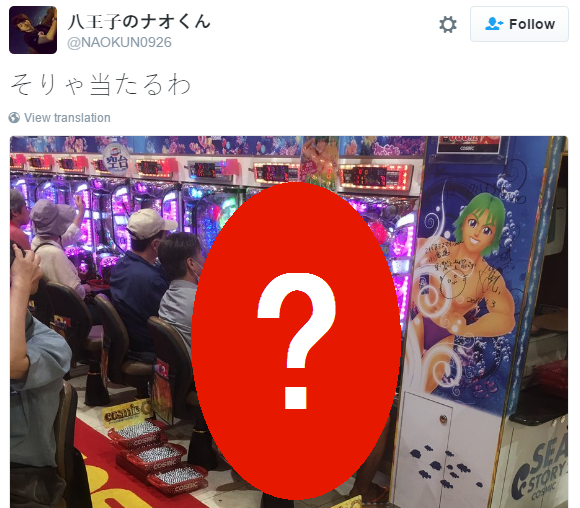

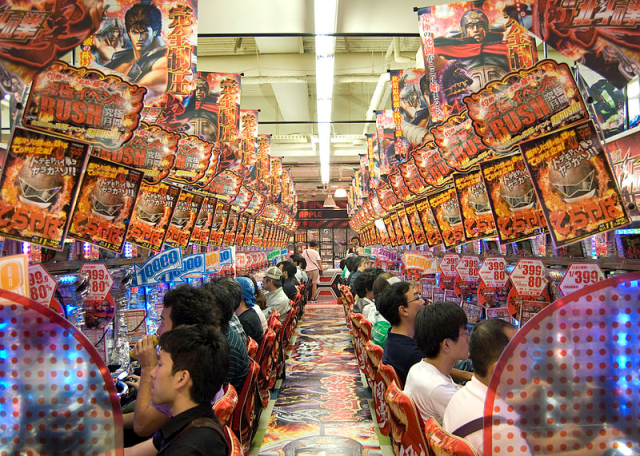
 Non-tourist trap fish market in northeastern Japan captures our hearts with amazing sashimi
Non-tourist trap fish market in northeastern Japan captures our hearts with amazing sashimi Kyoto becomes City of Yokai, with Night Parade of One Hundred Demons festival this autumn
Kyoto becomes City of Yokai, with Night Parade of One Hundred Demons festival this autumn Japan’s newest life-size Gundam is finished, receives Shinto blessing in Osaka【Video】
Japan’s newest life-size Gundam is finished, receives Shinto blessing in Osaka【Video】 Chinese drivers flocking to Japan for quick and easy route to international licenses
Chinese drivers flocking to Japan for quick and easy route to international licenses One of Japan’s most awesome rail passes, the Seishun 18 Ticket, just got a lot less awesome
One of Japan’s most awesome rail passes, the Seishun 18 Ticket, just got a lot less awesome No train, no hotel – How to do an overnight bus trip to Kanazawa from Tokyo – Part 1【Photos】
No train, no hotel – How to do an overnight bus trip to Kanazawa from Tokyo – Part 1【Photos】 McDonald’s Japan debuts new anime girl mascot character with incredibly long name
McDonald’s Japan debuts new anime girl mascot character with incredibly long name Korean basketball coach humiliates player live on TV, tapes his mouth shut
Korean basketball coach humiliates player live on TV, tapes his mouth shut We try a delicious hidden gem in Fukuoka, unknown to even Japanese people
We try a delicious hidden gem in Fukuoka, unknown to even Japanese people Studio Ghibli releases new “Butterflies in the Forest” Totoro towels
Studio Ghibli releases new “Butterflies in the Forest” Totoro towels What’s the deal with akebi, the perfectly purple, alien-like fruit that’s in season now in Japan?
What’s the deal with akebi, the perfectly purple, alien-like fruit that’s in season now in Japan? Totoro, Calcifer, other Ghibli stars returning as humidifiers ahead of Japan’s dry winter days【Pics】
Totoro, Calcifer, other Ghibli stars returning as humidifiers ahead of Japan’s dry winter days【Pics】 Is downtown Tokyo’s crazy cheap 290-yen bento boxed lunch shop still around, and is it still cheap?
Is downtown Tokyo’s crazy cheap 290-yen bento boxed lunch shop still around, and is it still cheap? Meet the kind Japanese grandpa who takes photos for tourists at the Hachiko statue in Shibuya
Meet the kind Japanese grandpa who takes photos for tourists at the Hachiko statue in Shibuya Studio Ghibli releases new mug tumblers featuring anime movie characters
Studio Ghibli releases new mug tumblers featuring anime movie characters How to power up the coolest cheap souvenir from Nintendo’s official shop with a trip to Daiso
How to power up the coolest cheap souvenir from Nintendo’s official shop with a trip to Daiso Why was the Lithuanian ambassador to Japan working in a fast food beef bowl joint in Tokyo?
Why was the Lithuanian ambassador to Japan working in a fast food beef bowl joint in Tokyo? Line of foreign tourists leads us to Akihabara’s meatiest fatty ramen【Taste test】
Line of foreign tourists leads us to Akihabara’s meatiest fatty ramen【Taste test】 Japanese convenience store Family Mart announces abolishment of eat-in spaces
Japanese convenience store Family Mart announces abolishment of eat-in spaces Studio Ghibli releases new insect whistle necklace from Nausicaä of the Valley of the Wind
Studio Ghibli releases new insect whistle necklace from Nausicaä of the Valley of the Wind Totoro sequel anime Mei and the Baby Catbus will screen at Ghibli Park this winter
Totoro sequel anime Mei and the Baby Catbus will screen at Ghibli Park this winter Starbucks Japan unveils Halloween Frappuccino for 2024, and it’s like drinking a magic spell
Starbucks Japan unveils Halloween Frappuccino for 2024, and it’s like drinking a magic spell Evangelion creator Hideaki Anno returning to anime with new project for 50-year-old franchise
Evangelion creator Hideaki Anno returning to anime with new project for 50-year-old franchise Studio Ghibli releases new Howl’s Moving Castle goods that capture the magic from the anime movie
Studio Ghibli releases new Howl’s Moving Castle goods that capture the magic from the anime movie Adult Jam Bread causes a stir at store in Tokyo
Adult Jam Bread causes a stir at store in Tokyo Right now is the peak time to go to Tokyo’s most-beautiful-view beer garden【Photos】
Right now is the peak time to go to Tokyo’s most-beautiful-view beer garden【Photos】 Pizza Hut adds a “Guilty Secret” sandwich to its menu for a limited time
Pizza Hut adds a “Guilty Secret” sandwich to its menu for a limited time McDonald’s new Happy Meals offer up cute and practical Sanrio lifestyle goods
McDonald’s new Happy Meals offer up cute and practical Sanrio lifestyle goods Foreign tourists on Shinkansen bullet train break suitcase etiquette, angering local passengers
Foreign tourists on Shinkansen bullet train break suitcase etiquette, angering local passengers [Deleted] Article written for April Fool’s Day 2018
[Deleted] Article written for April Fool’s Day 2018 Japanese government to make first change to romanization spelling rules since the 1950s
Japanese government to make first change to romanization spelling rules since the 1950s Foreigner’s request for help in Tokyo makes us sad for the state of society
Foreigner’s request for help in Tokyo makes us sad for the state of society Ghibli founders Toshio Suzuki and Hayao Miyazaki contribute to Japanese whisky Totoro label design
Ghibli founders Toshio Suzuki and Hayao Miyazaki contribute to Japanese whisky Totoro label design Tokyo’s most famous Starbucks is closed
Tokyo’s most famous Starbucks is closed Princesses, fruits, and blacksmiths: Study reveals the 30 most unusual family names in Japan
Princesses, fruits, and blacksmiths: Study reveals the 30 most unusual family names in Japan Doraemon found buried at sea as scene from 1993 anime becomes real life【Photos】
Doraemon found buried at sea as scene from 1993 anime becomes real life【Photos】 No train, no hotel – How to do an overnight bus trip to Kanazawa from Tokyo – Part 1【Photos】
No train, no hotel – How to do an overnight bus trip to Kanazawa from Tokyo – Part 1【Photos】 McDonald’s Japan debuts new anime girl mascot character with incredibly long name
McDonald’s Japan debuts new anime girl mascot character with incredibly long name Korean basketball coach humiliates player live on TV, tapes his mouth shut
Korean basketball coach humiliates player live on TV, tapes his mouth shut We try a delicious hidden gem in Fukuoka, unknown to even Japanese people
We try a delicious hidden gem in Fukuoka, unknown to even Japanese people Studio Ghibli releases new “Butterflies in the Forest” Totoro towels
Studio Ghibli releases new “Butterflies in the Forest” Totoro towels Totoro, Calcifer, other Ghibli stars returning as humidifiers ahead of Japan’s dry winter days【Pics】
Totoro, Calcifer, other Ghibli stars returning as humidifiers ahead of Japan’s dry winter days【Pics】 What happens if you feed pufferfish poison to pufferfish? Japanese scientists trying to find out
What happens if you feed pufferfish poison to pufferfish? Japanese scientists trying to find out Low price, free booze and curry, late check-out, and great location — Akihabara capsule hotel has it all
Low price, free booze and curry, late check-out, and great location — Akihabara capsule hotel has it all What’s the deal with akebi, the perfectly purple, alien-like fruit that’s in season now in Japan?
What’s the deal with akebi, the perfectly purple, alien-like fruit that’s in season now in Japan? Japanese men list seven traits that would make it impossible for them to date a woman
Japanese men list seven traits that would make it impossible for them to date a woman Japanese government proposes driver’s license change to make them easier for foreigners to read
Japanese government proposes driver’s license change to make them easier for foreigners to read Gigantic eight-floor anime figure shop skyscraper opening in Tokyo’s Akihabara this month
Gigantic eight-floor anime figure shop skyscraper opening in Tokyo’s Akihabara this month Real-life Demon Slayer? A visit to the legendary split boulder of Haban Shrine【Photos】
Real-life Demon Slayer? A visit to the legendary split boulder of Haban Shrine【Photos】 Kyoto Animation needs no words in its new anime video love letter to its hometown【Video】
Kyoto Animation needs no words in its new anime video love letter to its hometown【Video】